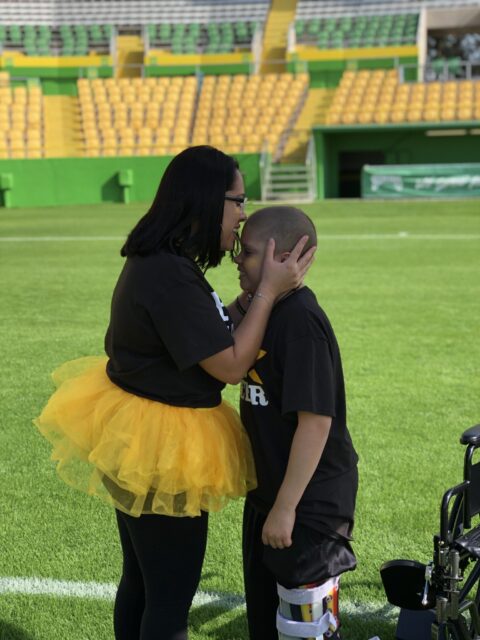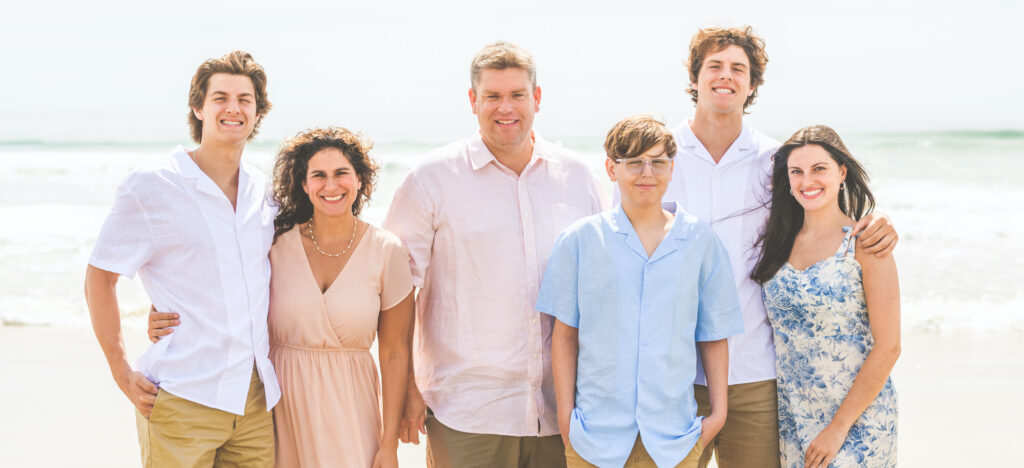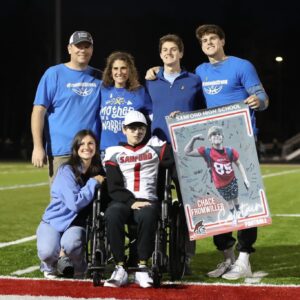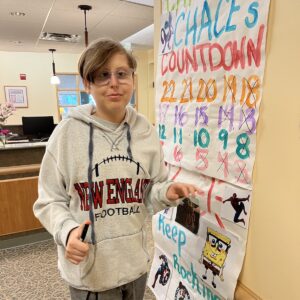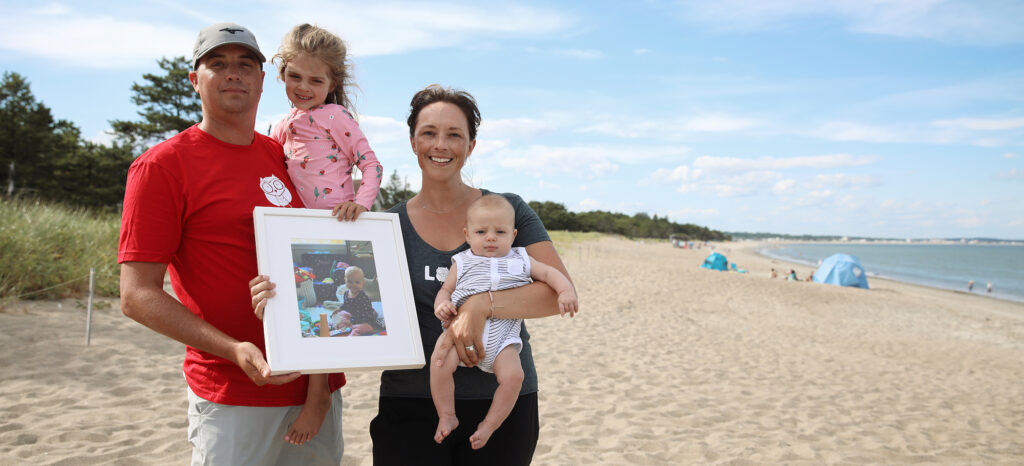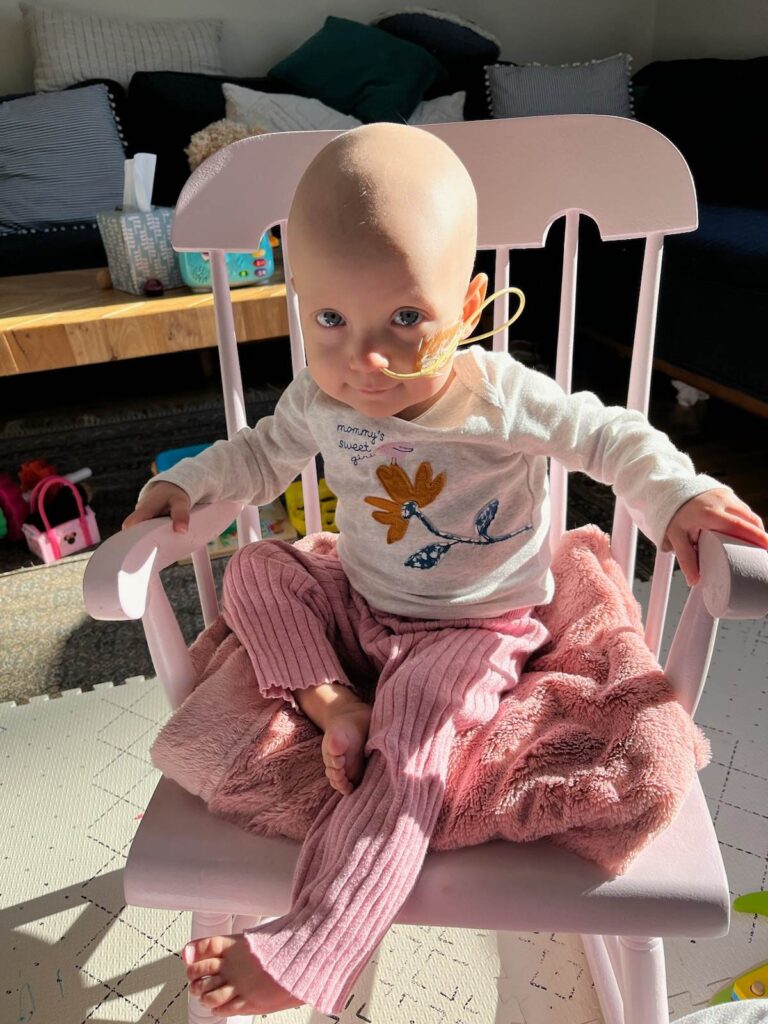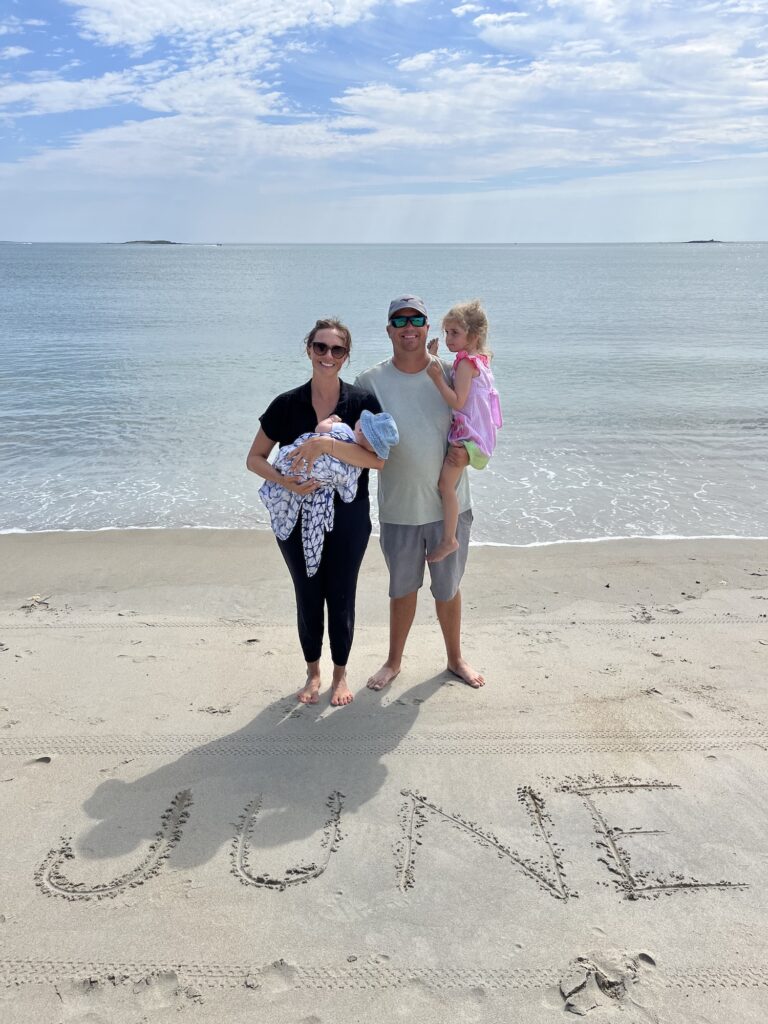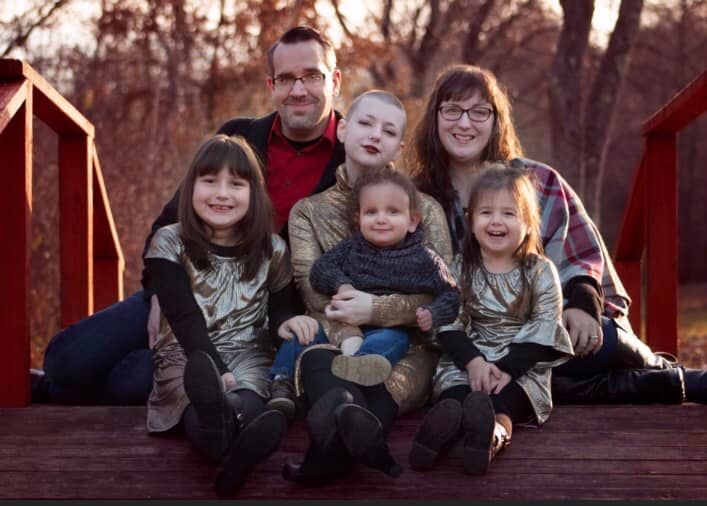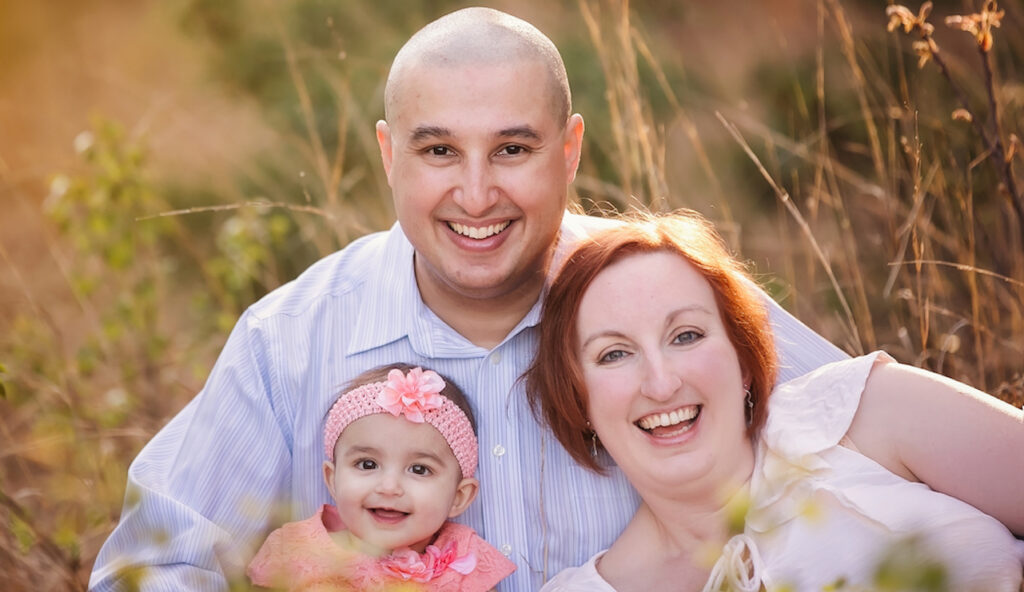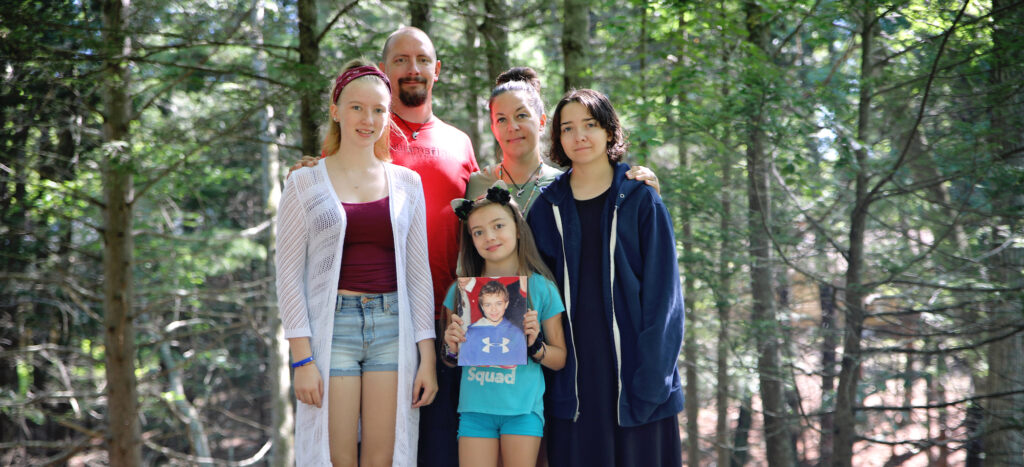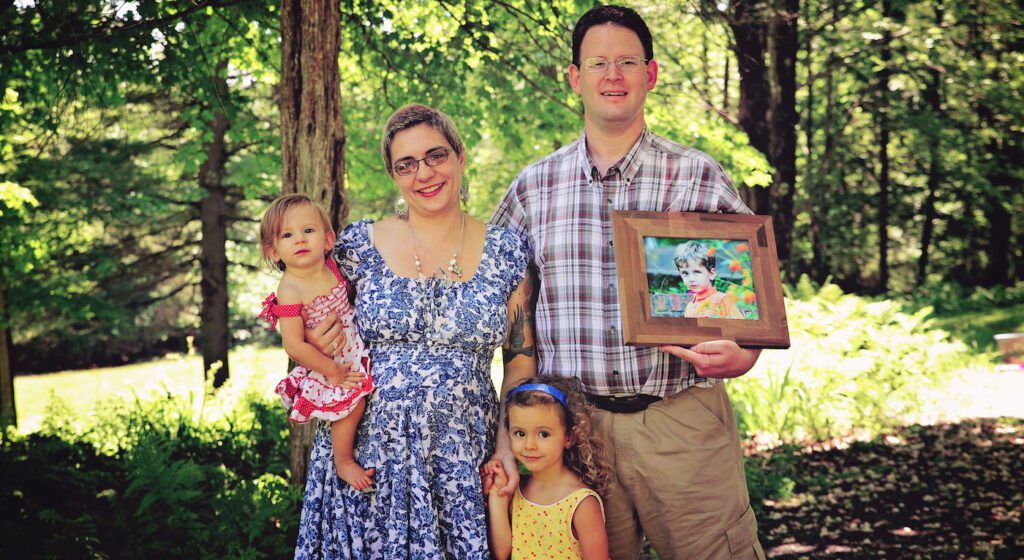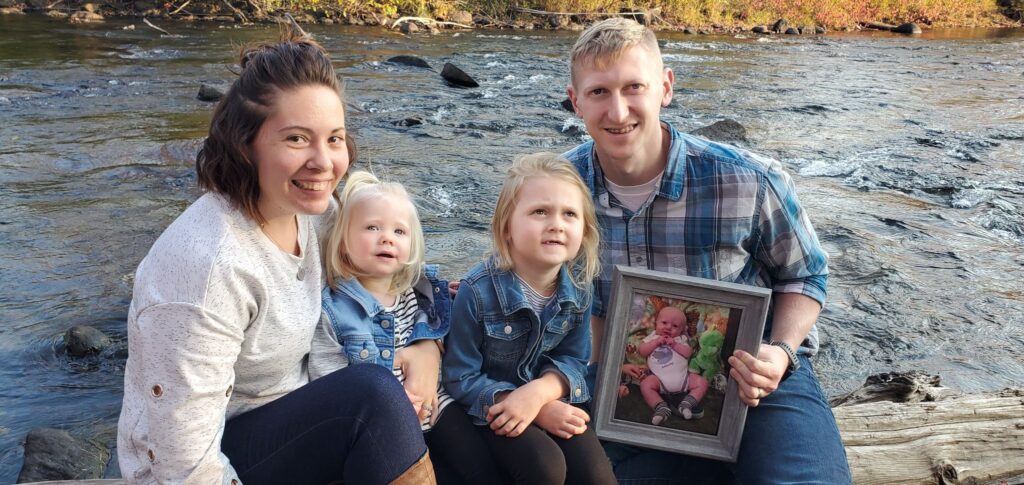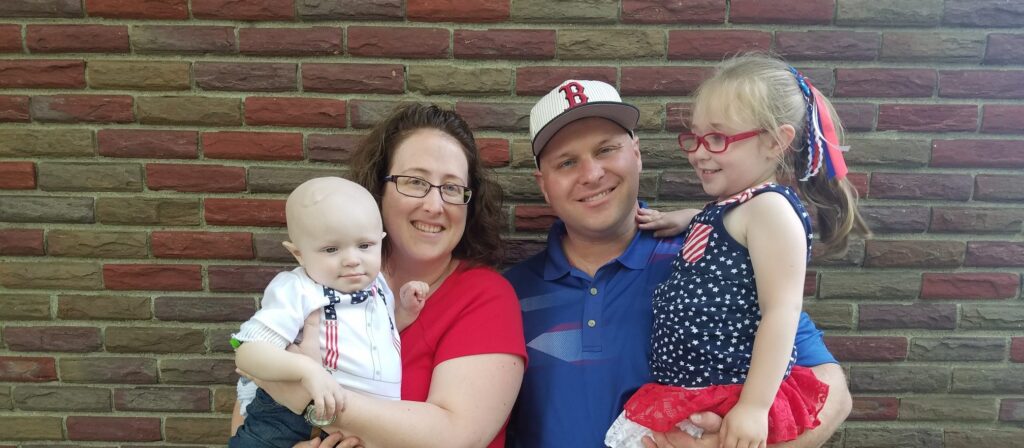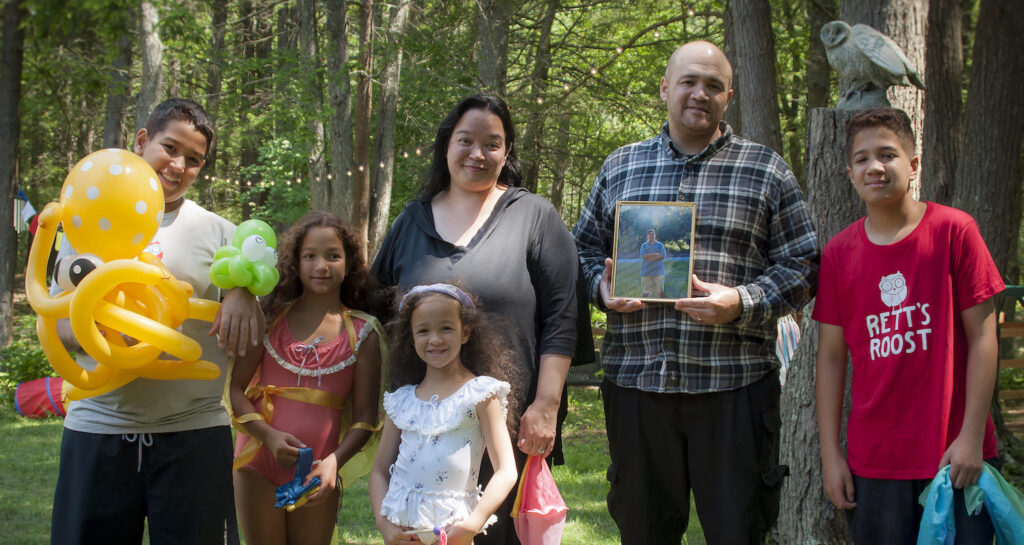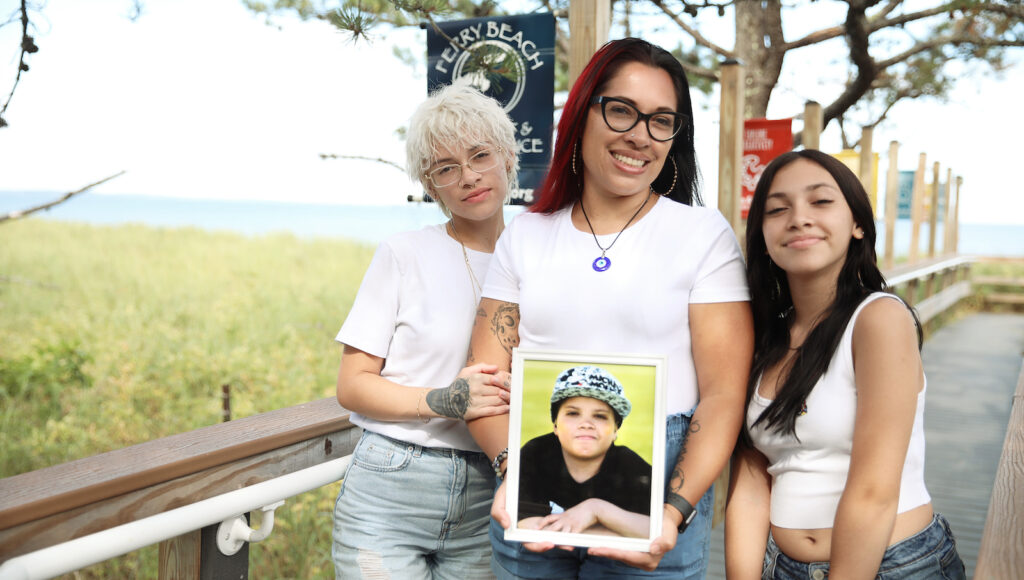
The Ojeda Family lost their son Jayden (aka Beanz) on October 6, 2019, which was also his 15th birthday, to osteosarcoma bone cancer. Jayden was the third out of four children in the family and was very close to his siblings, Sacaria, Jorge, and Jena. His mom, Alicia, describes him as the glue that held the family together. Jayden was a phenomenal, competitive soccer player, so when he started to complain of leg pain, his mom Alicia, thought it was just a regular sports injury.
On March 30, 2017 Jayden fell while doing tricks with a soccer ball. He called his mom three times from school that day complaining of leg pain. Alicia picked him up from school and brought him to urgent care, thinking that maybe he had a small fracture. This is where their nightmare began. Once a fracture was ruled out, the family was sent for additional testing, ultimately leading to the diagnosis of osteosarcoma of his leg bone. Alicia remembers feeling like her soul had left her body when she heard the word cancer, but she felt very confident that her strong-willed son would prevail.
Over the course of the next three years, Jayden went through so much. Even after 26 rounds of chemotherapy and limb salvage surgery on his left tibia, the cancer continued to metastasize. Jayden also underwent palliative radiation and oral chemotherapy medication, but ultimately his body could no longer fight, and he told his family that he’d live until he turned 15. True to his word, on his birthday, Jayden took his last breath.
Since losing Jayden, the Ojeda’s world has been flipped upside down. Their lives have completely stopped, yet the world moves on. Alicia feels it is very difficult to function in life now, as a piece of her heart is in heaven. Three years later, the pain is worse than ever. Alicia says that, “Grief of a child doesn’t get easier; you just realize that your child is going to be gone forever.”
Jayden loved love, he loved life, and most importantly he loved his family and made sure everyone knew that. He was the most caring, selfless, sweet teenager that you can possibly meet, always going out of his way to ask people “how are you?” or “how is your day going?” even when he was going through the worst days ever. Jayden’s favorite things other than his mom and siblings were soccer, Marvel and DC comics, raccoons, and the ukulele. He loved playing with the younger kids in the hospital and being the “Mayor” of his floor. Truly, he was a shining light. He told every kid with cancer he met, “to never give up, and to never lose hope.”
Osteosarcoma is considered a “rare” form of cancer and typically occurs in pediatric patients. Because of this, it receives very little funding for research and trials. The chemotherapies that are used today are the same ones that have been in use for the past 65 years. Jayden’s mom, Alicia, wants the world to know, “Pediatric cancer does not have a face until it is your child. I was not a pediatric cancer mom until suddenly I was, and I was not a bereaved pediatric cancer mom until I became one. These kids deserve more than 4% [of federal funding] and until we start to care about pediatric cancer as a society nothing is going to get done. We need to raise awareness for our children because they are our future and don’t deserve to suffer at the hands of antiquated cancer treatments. We owe it to the kids that have passed from this horrible beast and are not here to advocate for their peers.”
The Ojeda’s traveled from Florida this summer to attend a bereavement retreat in Saco, ME. Alicia reported this was one of the best grief retreats she and her family had ever attended and were very grateful to make connections with other bereaved families.


